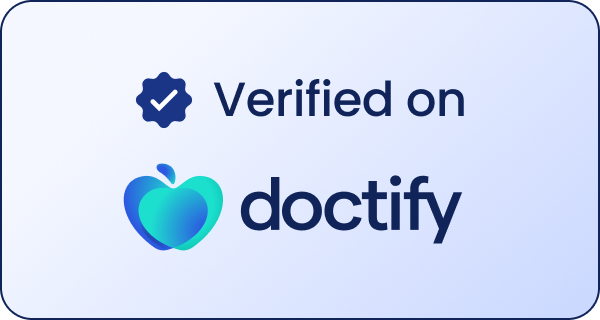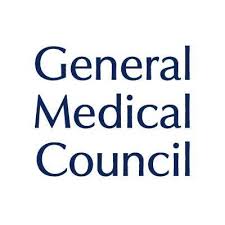How is self-harm treated in children and teenagers?
Support focuses on helping the young person find safer, healthier ways to cope with distress.
Professional therapy
-
Cognitive behavioural therapy (CBT) – Helps children understand the link between their thoughts, feelings, and actions, and develop new coping strategies
-
Dialectical behaviour therapy (DBT) – Supports emotional regulation, distress tolerance, and building a ‘toolbox’ of healthy coping techniques
-
Trauma-informed therapy – If the self-harm is linked to past experiences
-
Psychodynamic or integrative therapy – May be helpful for older teenagers with more complex emotional needs
Family support and education
-
Guidance for parents on how to respond calmly and supportively
-
Family therapy to improve communication and reduce shame or conflict
-
Psychoeducation to reduce stigma and increase understanding
Safety planning
-
Identifying triggers and early warning signs
-
Developing alternatives to self-harm
-
Creating a crisis or safety plan tailored to the child’s needs
Medication
In some cases, medication may be prescribed to manage underlying conditions such as depression, anxiety, or trauma-related symptoms.



